Last-Minute NYC Holiday Gift Guide 🎁
We’ve created a holiday gift guide with presents for the intrepid New Yorker that should arrive just in time—


 Washington Mews, now a part of NYU
Washington Mews, now a part of NYU
The West Village’s curving and twisting streets lend itself well to many small alleys that are either hidden or extremely subtle. These small alley ways and courtyards and unique to the West Village and there is no concentration of them as great as in this area. There are also countless beautiful private streets, many lined with houses originally built as stables for the grandiose townhouses in the area.
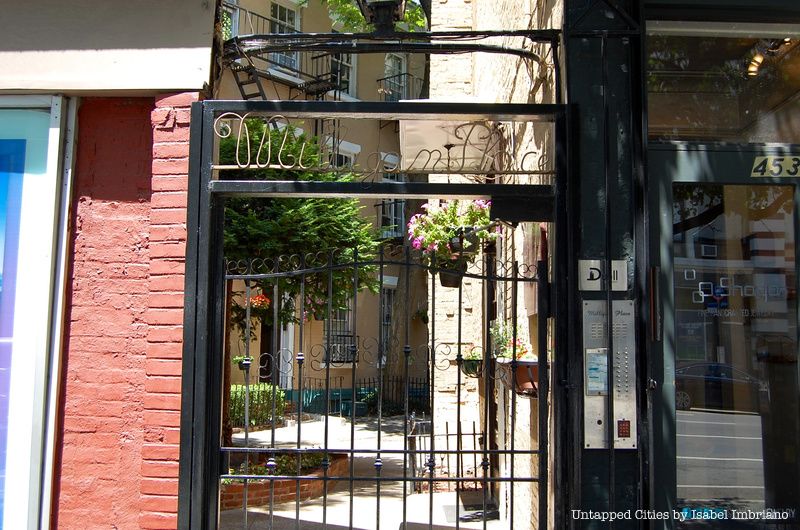
As quaint as the courtyard at Milligan Place is the cast-iron doorway that marks it, with the words Milligan Place in script. The entrance is squashed between two buildings on 6th Avenue, near 10th Street, and has only four buildings inside, originally built as working class boarding houses for Basque waiters. It was famously the home of playwright Eugene O’Neill, and George Cram Cook, founder of the Provincetown Players.
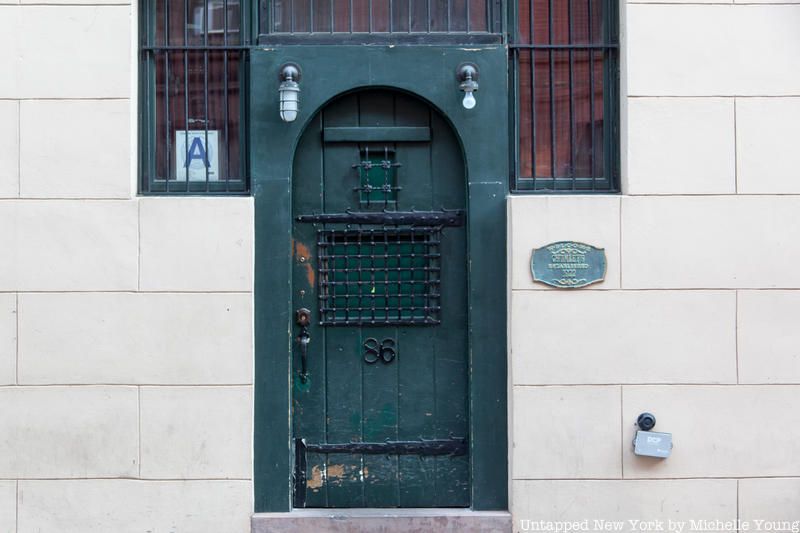
Fans of the speakeasy Chumley’s will remember this wonderful courtyard, really a small passageway off Barrow Street. Though not in operation since the wall collapse in 2007, it nonetheless retains its lore amongst New Yorkers. The building has served many functions, first as a blacksmithery and later as a stop on the Underground Railroad before the Civil War, and a place for leftist radicals later. The great literary greats hung out in the speakeasy founded by Leland Chumley in 1922.
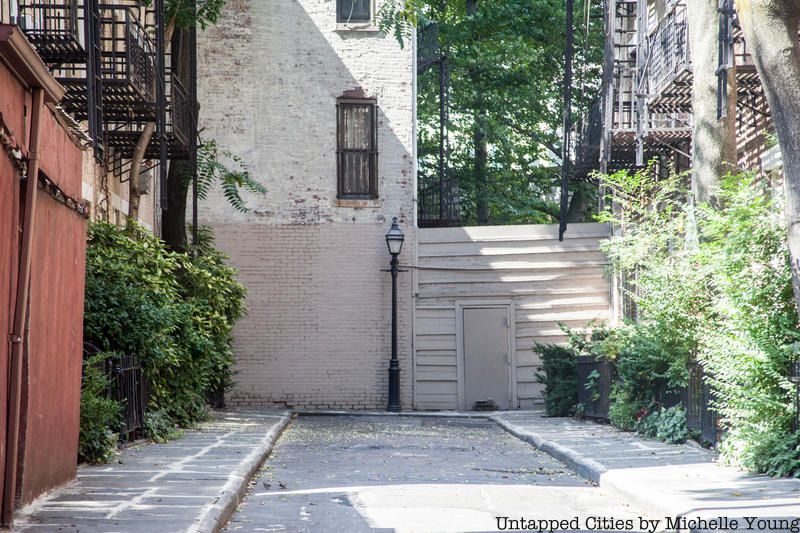
Patchin Place is home to the last 19th century gaslamp in New York City (though it’s now powered by electricity). It is a gated community that was once home to E.E Cummings. This adorable alleyway reminds us of the story of the lamplighter from The Little Prince. Tucked away in a small corner of the village, Patchin Place is a perfect spot to enjoy some quiet in New York City.
 Washington Mews, now a part of NYU
Washington Mews, now a part of NYU
Washington Mews—south of West 8th Street and north of Waverly Place—harkens back to the days of great townhouses along the vast expanse of Washington Square North and Eighth Street in the latter half of the 19th century. The small street was officially established in 1883 to house stables for these townhouses, with the numbers of the corresponding townhouses still visible. From 1949 to 1950 Jackson Pollock lived at number 9 on the alley. It is very much akin to Washington Mews, and if both were to extend, they would even form the same street.
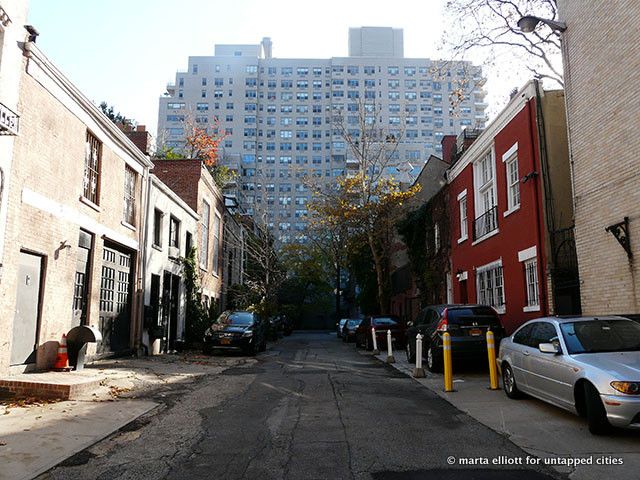 MacDougal Alley
MacDougal Alley
MacDougal Street is one of the more storied streets in the village, specifically as the center of the art, literary, and music scene of the mid-20th century. A small gated alley sits near the northernmost portion of the street. The alley was originally built in 1883 as house stables for the wealthy landowners in the area. Today, the houses along the street are used by NYU.
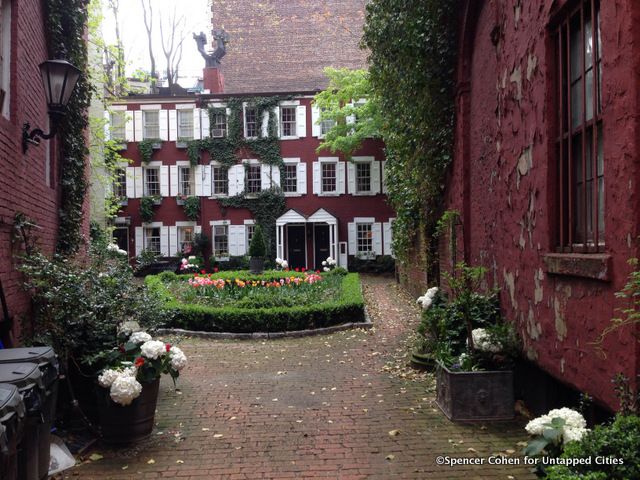
Grove Street is perhaps one of the more idyllic streets in the West Village, if not NYC. Beginning at Christopher Street Grove Street continues West making a slight curve before ending on Hudson Street. Along the street, there is a tiny gate with a black sign with gold lettering that states “PRIVATE COURT, No Trespassing.” This gate leads to the hidden Grove Court, a small court yard with 19th century townhouses. Samuel Cocks created the alley in 1848 to house tradesmen and other workers, and, due to the cheap alcohol made there, it was dubbed “Mixed Ale Alley.”
For more, check out 15 of NYC’s one block streets and 8 old-world style spots in NYC.
This article also partially written by Michelle Young and Samantha Sokol.
Subscribe to our newsletter